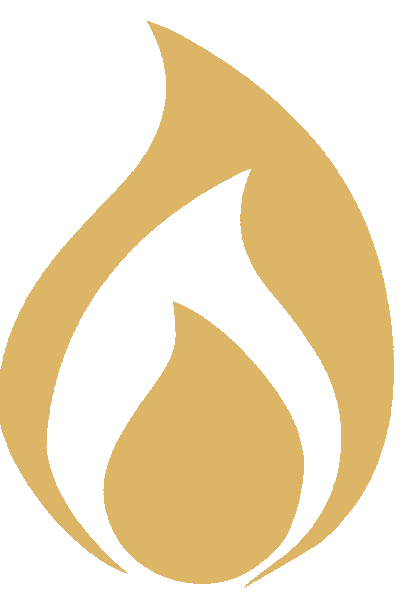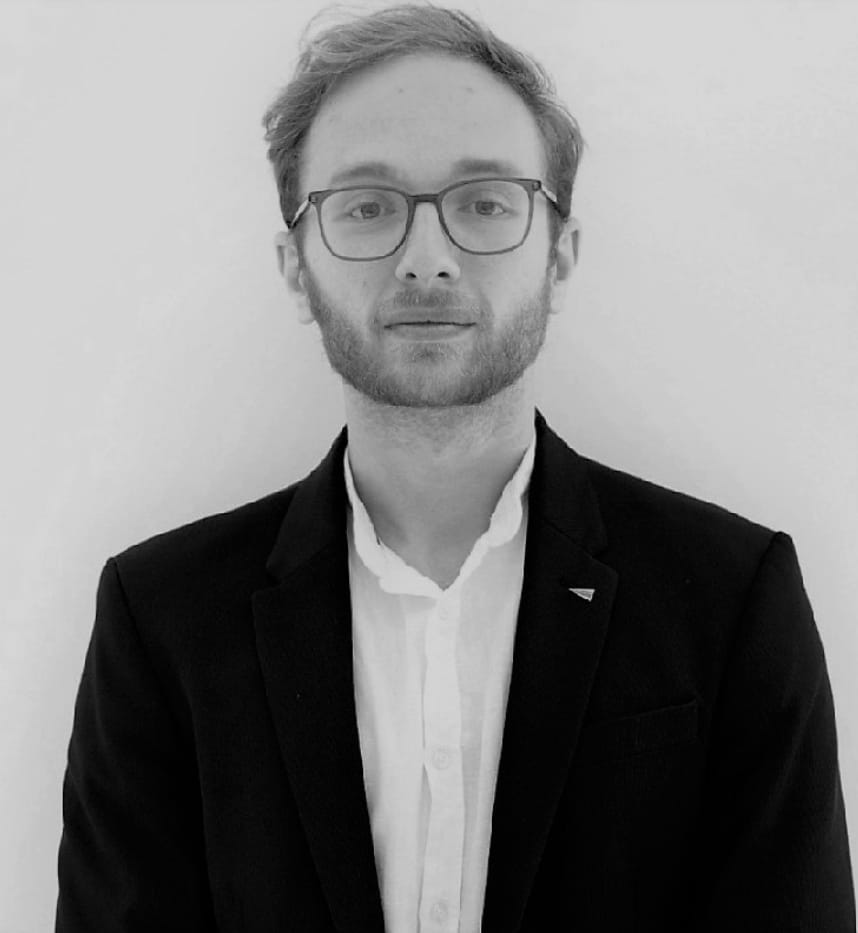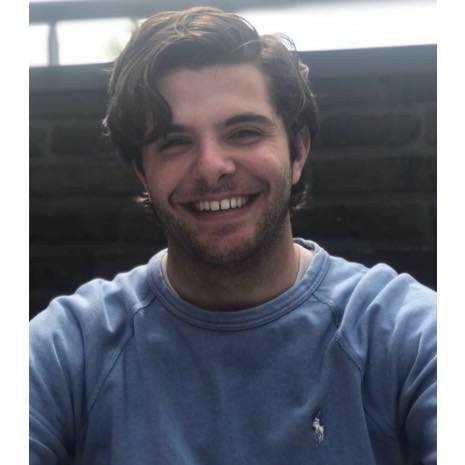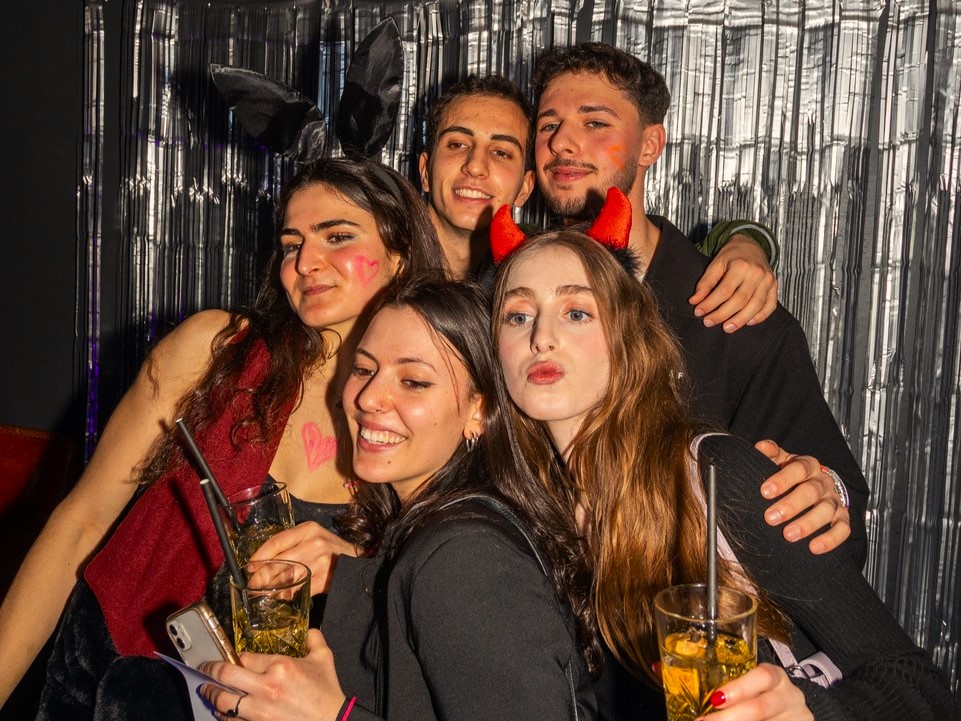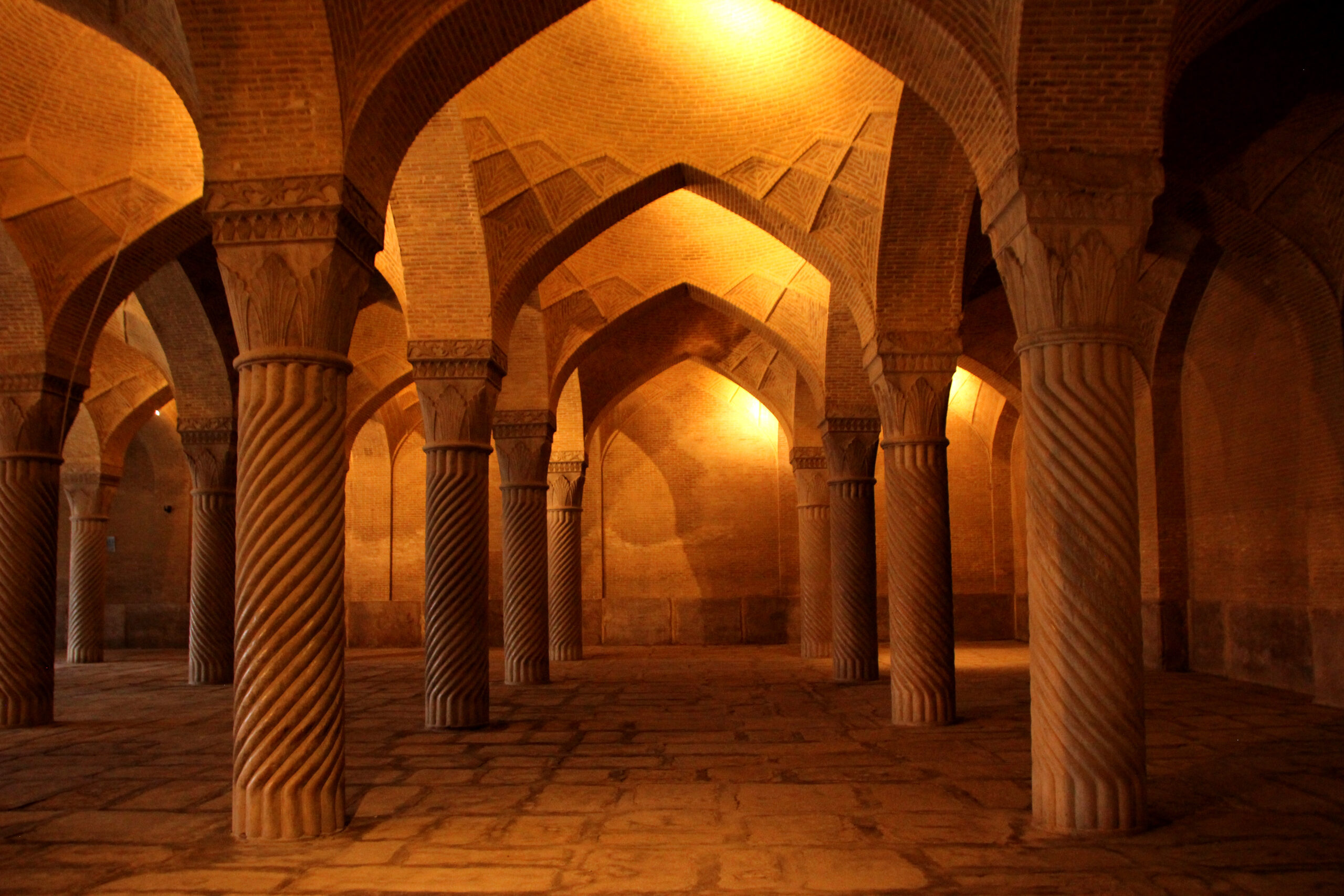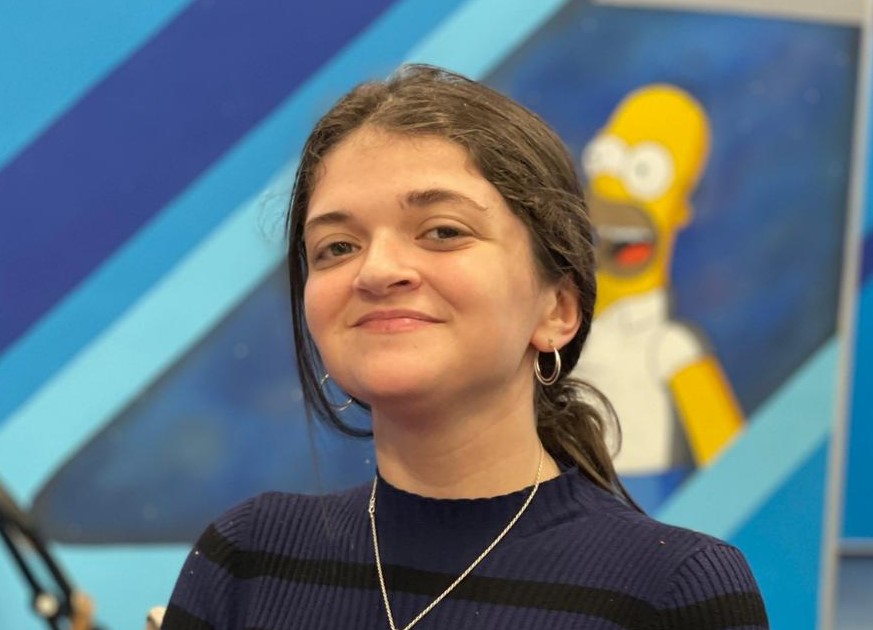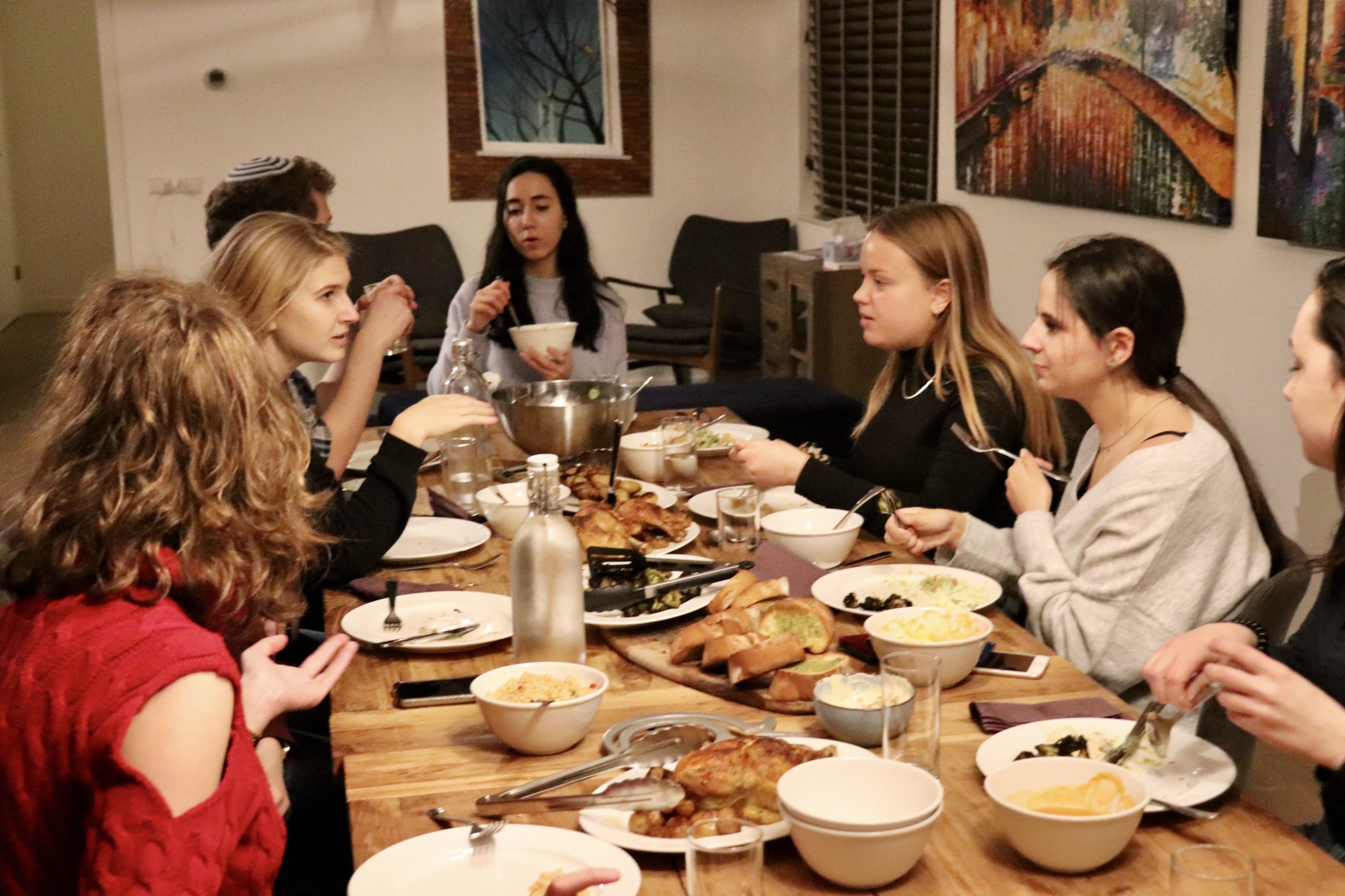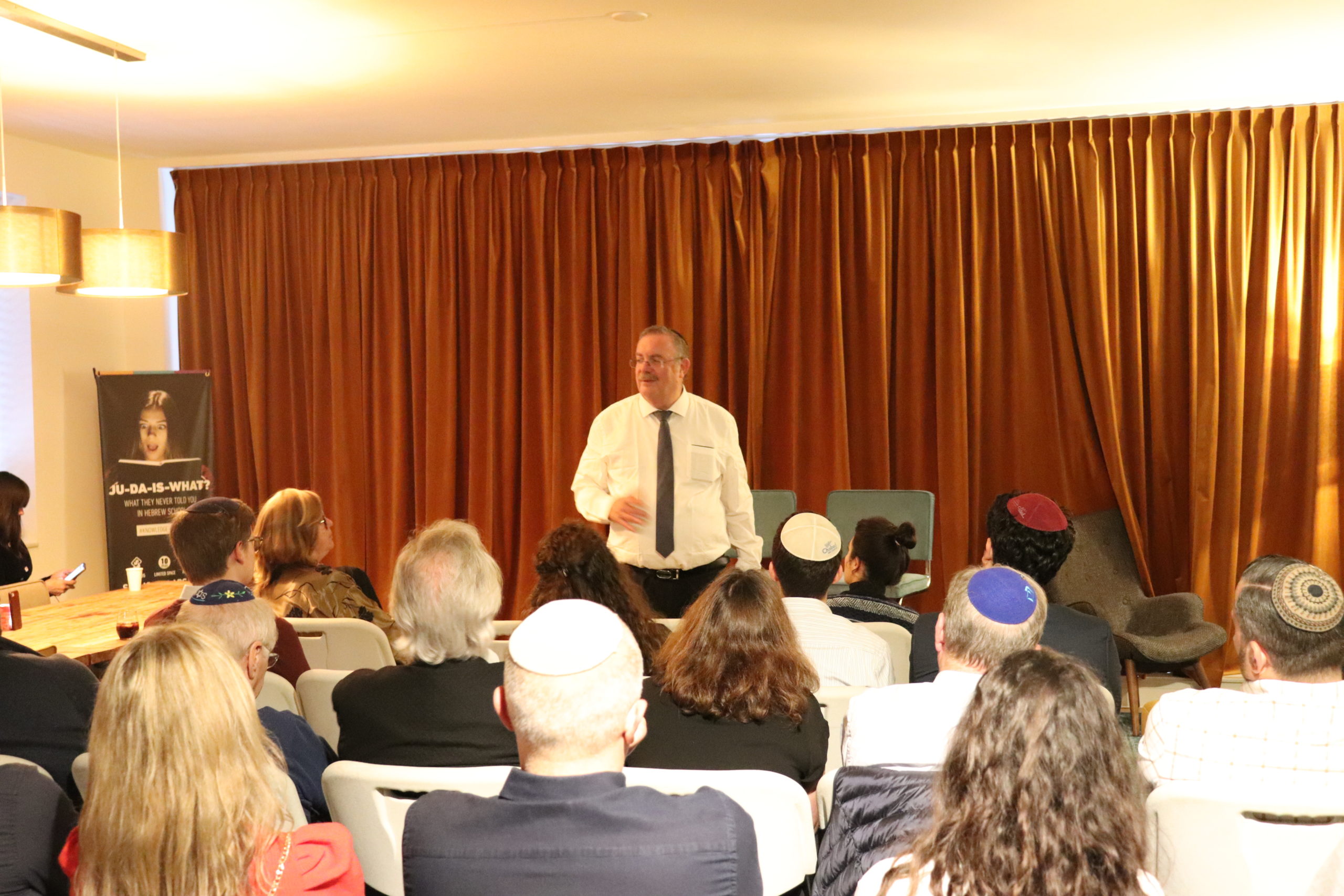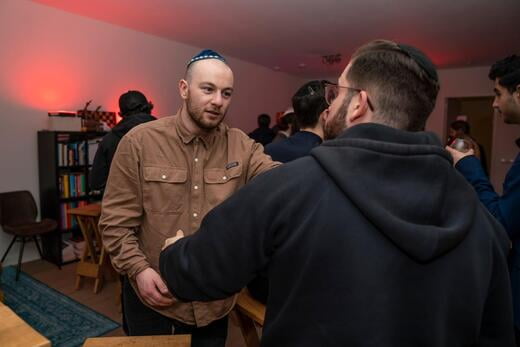Ethan Gabriel Bergman (22) is Belgian/Israeli and grew up in Antwerp, Belgium. He studied for a BA in European Studies at Maastricht University and after the summer he starts his master’s program in International Relations at Leiden University. At the moment, Ethan works as the EU Youth Affairs Officer at the European Jewish Association.
What role did a Jewish community play for you while growing up in Antwerp?
A lot of people like to compare Antwerp to Williamsburg, New York, which is basically a Jewish bubble or a self-ghettoized community. You can grow up your entire life within the local Jewish community without even interacting with non-Jews, and that was also the case for me. Everything, from A-Z, was inside this Jewish community for me: Monday to Friday Jewish school, on Saturday Jewish youth movement, and on Sunday I would go to Maccabi Antwerp.

At Jewish school, a lot of classes were taught in Hebrew and although we were offered the choice whether we wanted to be religious, or not, we also had a synagogue at school. In a way, you could even say that I grew up more in a Zionist than a Jewish environment: a lot of our education was centered around Israel and the Jewish history as a whole, rather than looking at the religious dogmas. Of course, there were basic Jewish rules. Such as wearing a kippa during Hebrew classes and it was prohibited to eat pork in school. However, I can probably sing Hatikvah from the beginning until the end, but I didn’t memorize more than five words of La Brabançonne, the Belgium national anthem.
“I can probably sing Hatikvah from the beginning until the end, but I didn’t memorize more than five words of La Brabançonne.”
So, that gives you an idea of how our community self-isolated itself and that’s the community I grew up in. In the end, I found it counterproductive to continue with that way of life, especially if you live in a globalized world, where Jewish people can’t really form their own little communities anymore. In my opinion, it’s best for us to educate ourselves and continue to fight ignorance by getting out of that bubble. But, at the same time, it is important to stay close to our people, history, culture, and Israel.
Was that also why you decided to study in Maastricht, in The Netherlands?
I chose to go to Maastricht for very practical reasons: it is just far enough from and close enough to my parents. But, I always knew that it was a very international university, and that was mainly what attracted me to it. I decided to study European Studies because it is very interdisciplinary. There are many different subjects, but it’s also the most international program inside the most international university in The Netherlands. As a result, I got to meet people from everywhere in the world.

At university, I was shocked by the amount of ignorance about Jewish people and how Jewish identity was used as a political reflection. Within the Antwerp Jewish community, I never felt Jewish, because everyone was the same as me. However, leaving that bubble for Maastricht was a big cultural shock for me, as well as for other eighteen-year-olds who make that decision. I was exposed to a lot of things that our school in Antwerp told us not to interact with, like people with antisemitic attitudes.
But, in my opinion, the best way to break those attitudes is through dialogue. So I was as excited to go to university to study as I was excited to actually meet and talk and discuss with different people. So, for the sake of education and fighting ignorance, I’m really okay with tokenizing myself.
“For the sake of education and fighting ignorance, I’m really okay with tokenizing myself.”
How was your experience talking to and meeting different people at Maastricht University?
There was a lot of covert, or hidden, antisemitism. But some things were also directly antisemitic.
Once people knew that I was Jewish, either because I told them or because they saw my name, they would sometimes make very awkward remarks. For example, when someone told me that they didn’t know that we (Jews) still existed in Europe and I was told that I’m more unique than a unicorn, of all things. Besides that, there were moments during economics classes. Whenever the teacher asked questions, some of my supposed friends would just point at me, saying that I would know the answer, because I am a Jew.
“I was told that I’m more unique than a unicorn.”
There were also more occasional things where people would come up to me in the library, for example, and talk to me in French while greeting me with “Hey Jude” (German for Jew). A lot of things were joking at first. For instance when another student, whom I thought was a friend, sent me a screenshot of the co2 emissions around Maastricht, saying that everyone needs to look above as Ethan’s family is flying over. In those instances, they didn’t understand why it was problematic, and I had to explain it to them.
However, there were also people doubting the 6 million Jews that died in the Holocaust, or people immediately reverting me to the Shoah when I met them. For example, Germans often immediately apologized for the Holocaust.
A lot of antisemitism was connected to Israel. When I introduced myself once as “Hi, I’m Ethan Bergman, Belgian and Israeli”, a person answered with “Belgian Isr-…, Belgian what’s? Oh, Belgian Palestinian you mean. But that can’t be, because you’re white.” Lastly, as I became very active inside the local Jewish student community, I was made kind of a local public figure at that moment. One day, I returned to my flat to find my mezuza ripped off and a swastika carved in my door. Until this day, we don’t know who did it.

Unfortunately, I expected it to happen. For me, it shows that there is a sentiment and it just takes one idiot to act on it. It gives us as Jewish students more of a driving force to act against it, and that’s the way I handled it: to use it as a motivation, rather than a threat.
Was that also the reason why you chose to increase your activism? For example, through working for StandWithUs and eventually the EJA?
It was definitely a big driving force, yes. At university, I already became some sort of activist by promoting myself as that Jewish guy who you can ask anything, mainly because you can count the active amount of Jews at Maastricht University on one hand. There are many more Jewish students, but unfortunately, they choose the “Keep your head down”-policy: don’t cause a scene, don’t ask questions.
I found it important that we actually educate because, for me, ignorance is the root of the vast majority of antisemitism. And, in my opinion, we can’t just abandon this continent and go to Israel or the United States when we don’t feel safe. If I make Aliyah, I want to make it out of pride, not out of fear. I not only want us not to leave behind two thousand years of contributions to European societies, but I also don’t want other people to forget about this.
“If I make Aliyah, I want to make it out of pride, not out of fear.”
Furthermore, I believe that it is important to at least show the example through Dugma Ishit, a Hebrew concept that means to lead by example. So, first of all, I think that it is crucial to empower others like us to educate and be willing to put themselves out there at universities. And at universities, where the leaders of tomorrow are trained, it is important for people to, at least, have some kind of interaction with Jews so they can humanize us, instead of only hearing about Jews on the news. Otherwise, we’ll just be a people that are associated with The Diary of Anne Frank, or Israel.
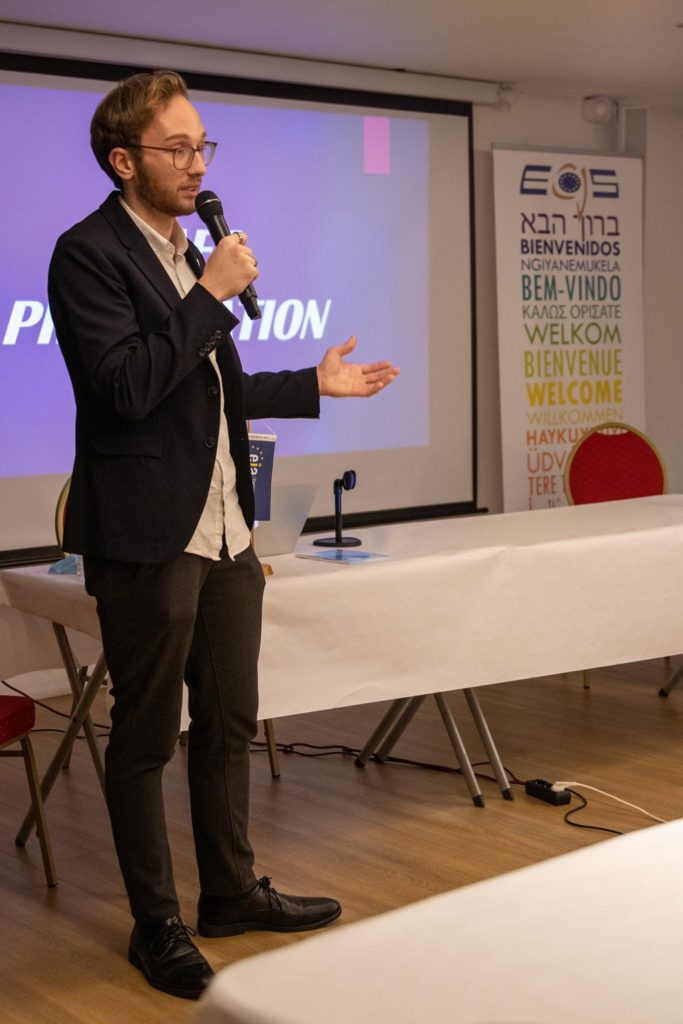
I’ve tried to bring us a step closer to this goal through a number of ‘projects’. At Maastricht University, we managed to talk to the university administration and got the Jewish holidays recognized. As a result, exams are canceled on those days and there are other exceptions possible for Jewish students now. Yanki Jacobs, Rabbi of Chabad on Campus and who focuses on helping Jewish students and young professionals in The Netherlands, also came all the way to the south to assist us in improving processes at university for Jewish students to come forward when they experience antisemitism. Later on, Rabbi Yanki also arranged a meeting at the parliament for Jewish students to discuss solutions against antisemitism.
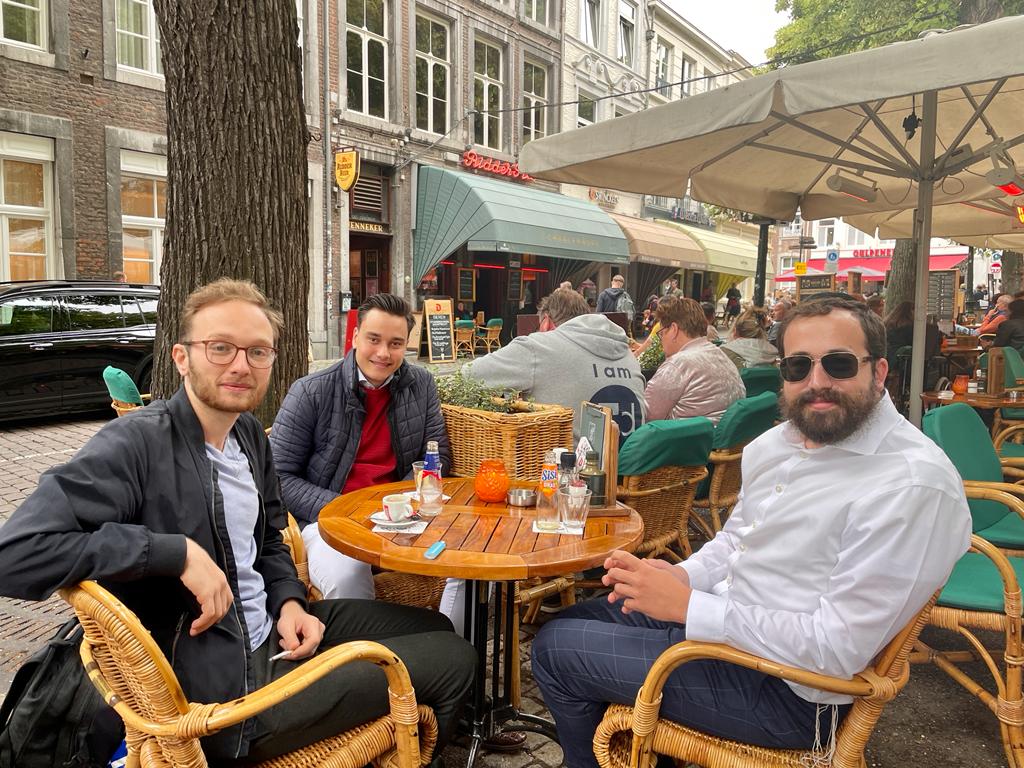
Moreover, when I asked the University to recognize International Holocaust Remembrance Day and commemorate it instead of Chocolate Cake day (yes, they celebrated it on Holocaust Remembrance Day, of all days) the staff was, actually, very excited that they met a Jewish representative. So, that was one of my projects, to basically establish contact with the university.
I also founded Make Their Memory Shine, an intersectional movement that focuses on Jews and non-Jews to clean stumbling stones together. Cleaning these stones together of which there are ninety thousand throughout Europe, is a proactive way to teach about the Holocaust specifically, but Jewish identity in general. So far, we’ve already cleaned 32 cities in seven countries in the last year.

You’re very active at the moment, how do you see your future?
Well, in September I’m starting my master’s in Leiden and I’m excited to hear that there is an active Jewish community there and in The Hague. However, I also know about the problematic anti-Israel and antisemitic climate in both cities, surrounding the issue which I described before: ignorance. I’m very excited to go there and hopefully contribute to making a difference.
Afterward, I want to move to Israel because it’s where my heart belongs. That’s the place where I can live with my people and be fully open about my identity. I hope to work in diplomacy, one day, between Israel and Europe. I want to make sure that Israel, the Jewish nation, and the Jewish people are seen as integral to the international community. I would like to bring the European Union and Israel closer together, not specifically representing governments or their actions, but representing the spirit of Israel, the people, and its long life and prosperity.
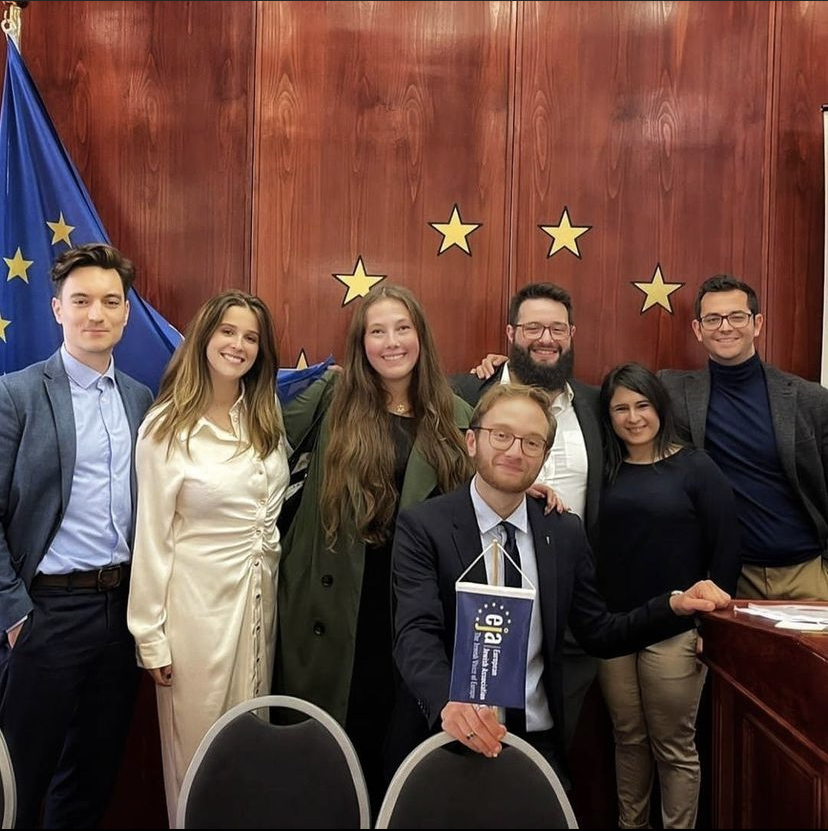
This was quite an extensive interview, with saddening, but also hopeful experiences. Is there something that you would like to tell students who are in a situation similar to yours in Maastricht, experiencing antisemitism?
For the Jewish students out there that feel that they don’t belong, don’t have a community, or who feel desperate about their situation in which they have to either choose to be Jewish or be accepted: Just letting you know that we have a difficult position in which we all carry the responsibility to represent our people because to represent is part of our identity. And, there will always be a community out there that will support you. Regardless of your current situation, you will always have a family and a tribe, so never feel alone in this. You can always make a difference and you can always battle ignorance.

Do you want to learn more about members of the Chabad on Campus community? Have a look at our other Spotlights!
